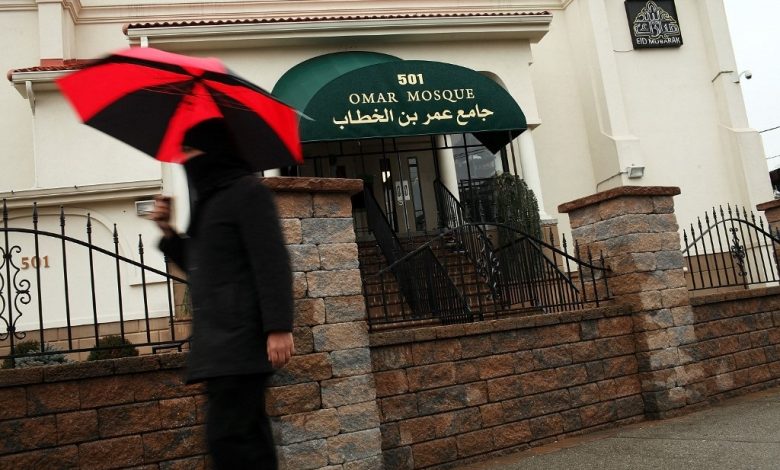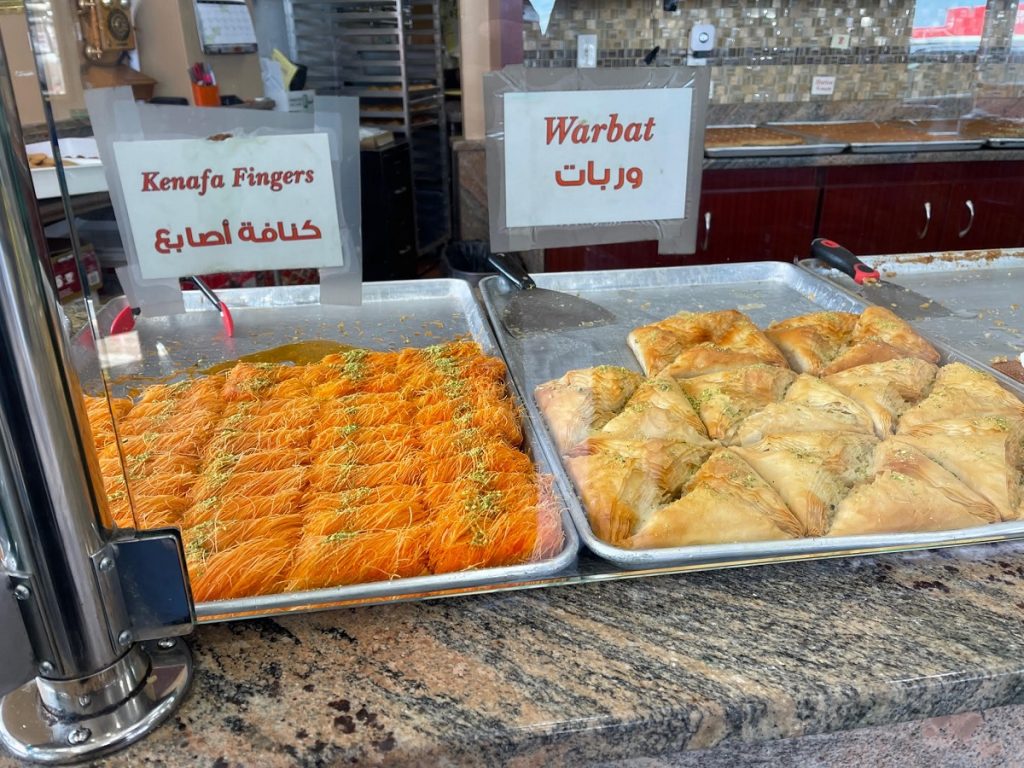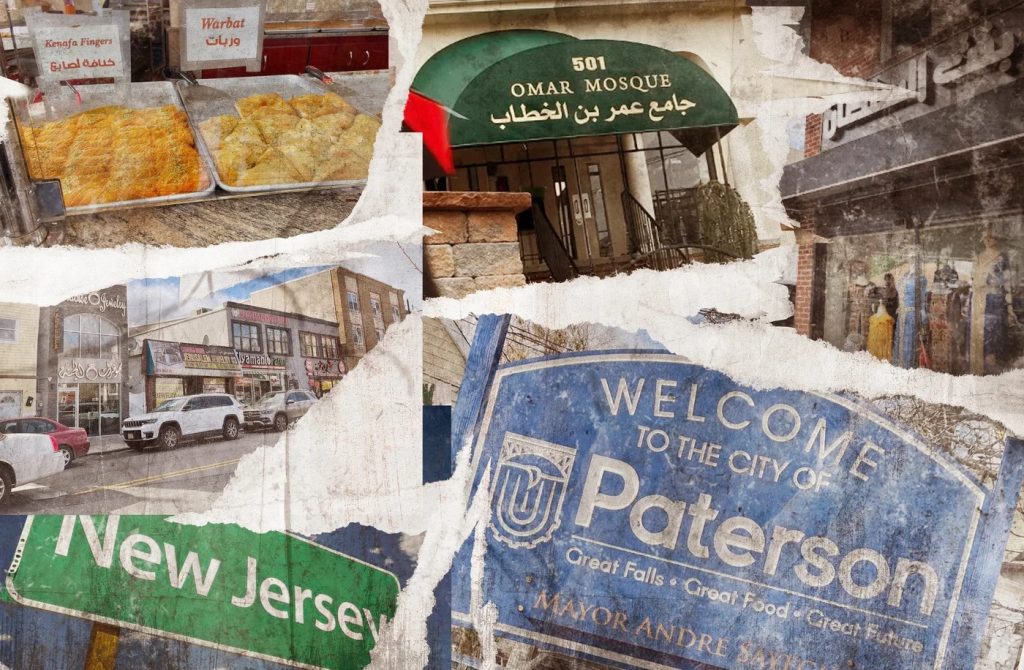The Arab Community in New Jersey: From Tradition to Modern Entrepreneurship
From 19th-Century Immigrants to Modern Entrepreneurs: How Muslims Shape Paterson’s Economy and Culture.

New Jersey has long been a melting pot of cultures, welcoming immigrants from across the globe. Among these diverse communities, the Arab Muslim population stands out for its deep historical roots and growing economic and cultural influence, particularly in cities like Paterson, Jersey City, and Passaic County.
Historical Roots
The state has been home to Middle Eastern immigrants since the 19th century, when Syrian Christians arrived to work in textile mills along the Passaic River. Paterson, with its water-powered mills and booming silk industry, became a hub for Syrian immigrants. By the early 20th century, approximately 35 silk mills in Paterson were owned by Syrians, laying the foundation for a thriving Arab community.
Following subsequent waves of migration — including Palestinians and Jordanians after the 1965 Immigration and Nationality Act — New Jersey’s Arab community continued to grow, establishing families, businesses, and religious institutions.

Economic Presence
Today, the Arab Muslim community is a vital contributor to New Jersey’s economy. Main Street in Paterson is lined with restaurants, markets, and shops offering Middle Eastern cuisine and goods, from mansaf and kunafa to shawarma and traditional spices. Entrepreneurs have expanded into various sectors including jewelry, travel agencies, groceries, shisha cafes, and other service businesses.
Local mosques, such as Masjid Omar and the Islamic Center of Passaic County (ICPC), have become centers not only for worship but also for economic development. They support the establishment of halal butcher shops, cafes, and small businesses, offering employment and entrepreneurial opportunities to community members.
Cultural and Social Integration
Community members like Abu Fahim and Wissam Kanaan highlight the preservation of cultural identity through language, cuisine, and social gatherings. Festivals, interfaith iftars, and community events create spaces for social cohesion and cultural exchange. Through these activities, the community strengthens its ties both internally and with the wider New Jersey population.
Prominent Arab Americans, such as Mohamed Khairullah and Mayor Andre Sayegh of Paterson, demonstrate the community’s growing influence in politics and civic leadership. Their leadership reflects both the integration of the community into broader society and its continued advocacy for economic and social development.
Community Services and Support
Organizations like ICPC provide comprehensive support, including funeral and marriage services, financial assistance, job placement, and educational programming. These initiatives not only assist Muslims but also reach other underserved populations, including Afghan refugees, fostering a sense of inclusion and cross-cultural solidarity.

Economic Impact and Opportunities
The Arab Muslim community in New Jersey illustrates a dynamic blend of tradition and modern entrepreneurship. Through small businesses, professional careers, and community initiatives, they contribute to local economies while preserving cultural heritage. Their presence has created a micro-economy that supports both commerce and cultural tourism, benefiting the broader state economy.
With continued focus on education, business development, and community support, the Arab Muslim population is poised to expand its economic footprint in New Jersey, creating opportunities for future generations and reinforcing the state’s rich multicultural fabric.



